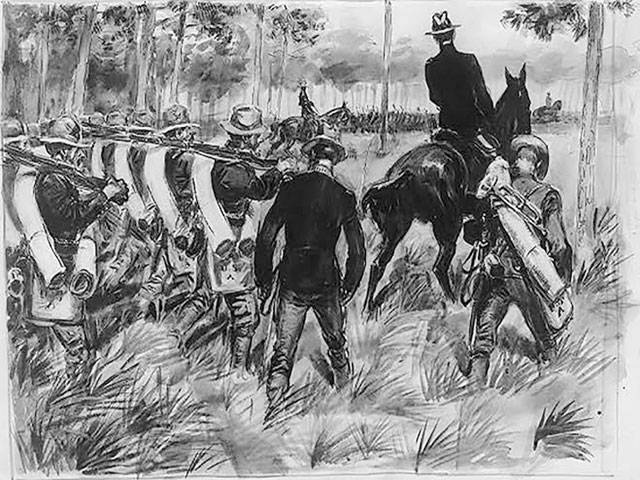“What a splendid little war”
–John Hay (Secretary of State)
The Spanish War (1898) is perhaps the very first example of the U.S invading a country on the basis of ‘liberation’. The intervention, ironically based on a doctrine emphasizing the protection of sovereignty (The Monroe Doctrine), took place under circumstances that sound eerily familiar. America supported the Cuban struggle against Spanish rule and thus, intervened on a humanitarian basis to ‘free’ the Cubans. The explosion of the battleship U.S.S. Maine in Havana Harbor provided the US with a legitimate excuse to evade, especially after massive public pressure, which was molded by the belief that the Spanish were responsible for the attack. It was later revealed that this was highly unlikely and that the ship, in fact, exploded due to flammable substances. U.S business and economic interests in Cuba were also paramount to the entire operation. The war served as an entrance of the U.S on the imperial and colonial stage on which it is now a massive actor.






